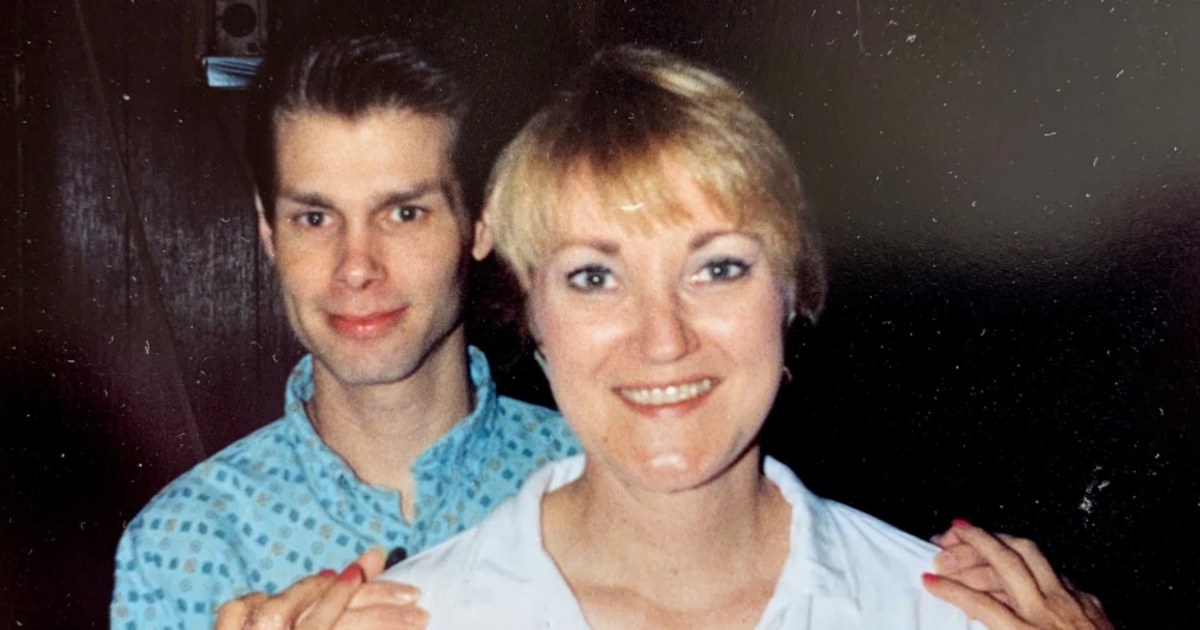In honor of the 40th anniversary of the beginning of the HIV and AIDS epidemic in 1981, TODAY interviewed Ruth Coker Burks on her legacy and impact.

Photo courtesy of Ruth Coker Burks
Ruth Coker Burks never intended to be an advocate, activist or even an angel. She just wanted to do the right thing.
But that’s how her legacy has been defined when one fateful day in 1986, at just 26 years old, she was visiting a friend, Bonnie, at a local hospital in Little Rock, Arkansas, who had been suffering from oral cancer. Bonnie had her tongue removed, and Coker Burks was her interpreter. This was their fifth extended hospital stay, but this time there was something different. Out of the corner of her eye, Coker Burks spotted a door down the hall with a bright red tarp across it, food trays piled up outside and a group of nurses at the door, unwilling to go in.














When AIDS first became publically recognized, it was grossly and understandably misunderstood. Men were dying at terrifying rates inexplicably, but most knew it tended to spread among homosexual men. Since homosexuality wasn't understood or accepted either in the previous century, the LGBTQ community became alienated by society and shunned by the nation's medical community. Ms. Burks was brave to help treat those men, not just for the medical risk to herself, but for withstanding the harsh social climate of her time.
a true american hero :')